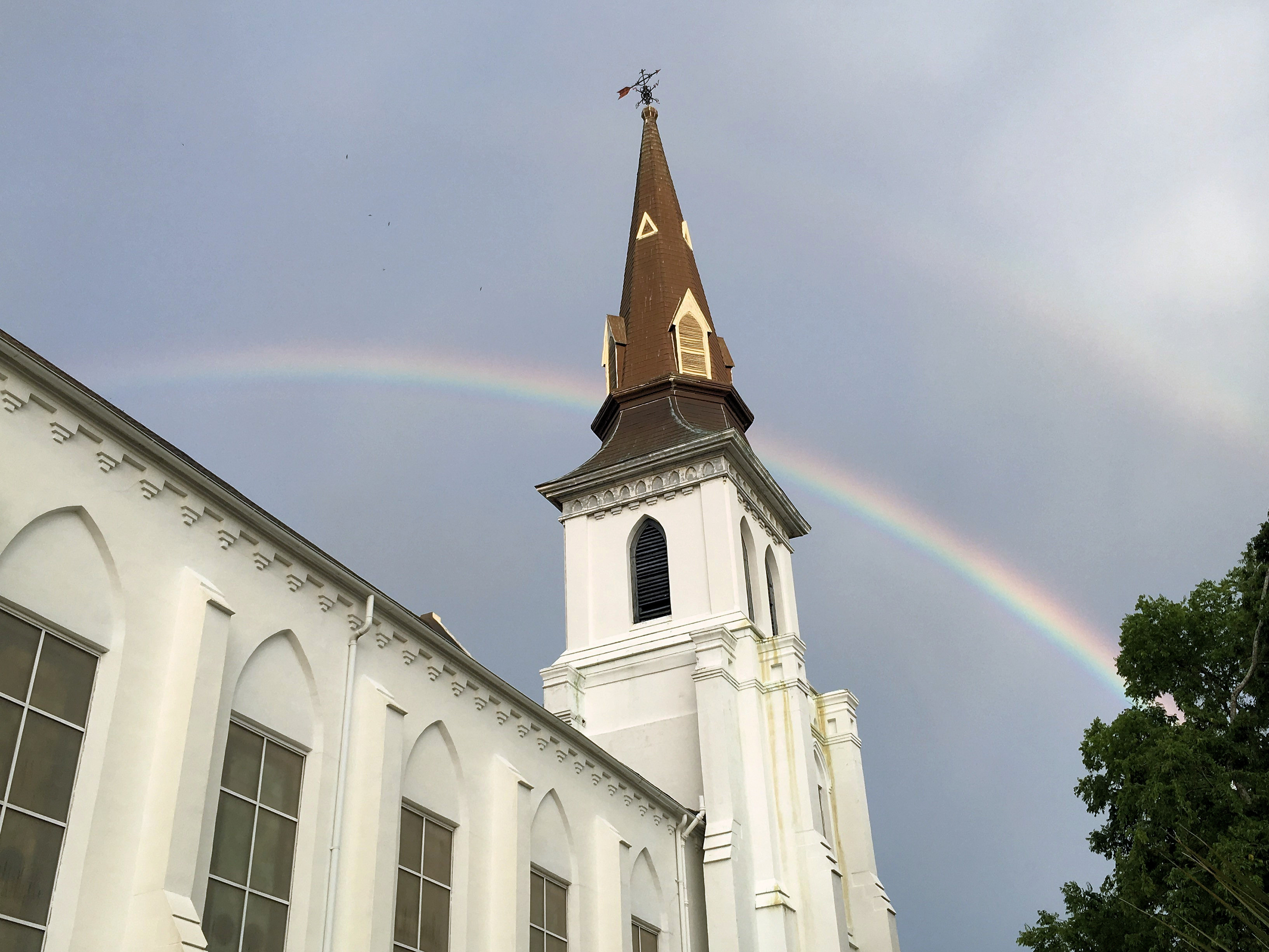Remembering Emanuel AME

Cynthia Hurd
Susie Jackson
Ethel Lance
DePayne Middleton Doctor
Clementa Pinckney
Tywanza Sanders
Daniel Simmons Sr.
Sharonda Coleman-Singleton
Myra Thompson
Six years ago today, our community was forever changed by a race-based crime of hate. Nine parishioners at Mother Emanuel AME Church were shot and killed during their evening Bible study.
The impact of this senseless crime remains with all of us today, and unfortunately, with other victims and communities who – in the past six years – have also been the targets of violent hatred.
The National Mass Violence Victimization Resource Center did not exist in 2015, but the National Crime Victims Research and Treatment Center at MUSC responded as soon as we learned about this tragedy. As a Center that specializes in the impact of victimization, we assisted with both the immediate response and the community’s recovery. It is a responsibility we do not take lightly.
Our involvement began the morning after the shooting and continued for several years thereafter as part of a three-year Antiterrorism and Emergency Assistance (AEAP) grant from the Office for Victims of Crime. Through the grant, we worked with several law enforcement, criminal justice and mental health agencies as well as with members of the Mother Emanuel AME Church.
Our purpose was to make things easier for surviving family members and the church congregation as they attempted to navigate the criminal justice process and put their lives back together.
We worked closely with leaders and agencies to support survivors, family members, church members and community members who were hurt by this senseless tragedy. We supported them during the trial of the now convicted perpetrator. We now stand with Mother Emanuel and Charleston in solidarity and resilience.
We believe the AEAP was at least partially successful in making things better. We know all too well that nothing can take away the pain and anguish family members and many members of the congregation experienced.
We know many people are still struggling to find a “new normal” now, six years later. Grants end, but the aftermath of mass violence does not. Neither does the ongoing needs of mass violence victims and survivors. They will never forget that day.
We recognize that recovery after trauma is a process that is never completed or reached, but is instead a journey. Through our community’s tragedy, we continue to bear witness to our collective trauma journey.
We have seen first-hand not only the impact of race-based trauma but also the role of faith in healing and the resiliency of the human spirit. Today we not only remember those lives taken by hate, but also acknowledge the strength of community.
Our obligation to those who were killed and those who remain is to never forget them or what happened on that day. Those who survived are still in our thoughts and prayers, and we thank them for their wonderful example of grace, resilience and forgiveness.
-Dr. Dean Kilpatrick
NMVVRC Director
